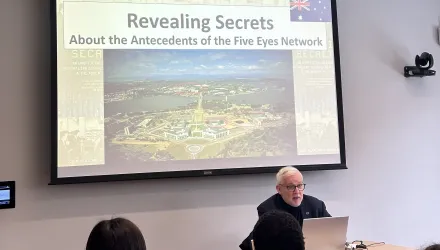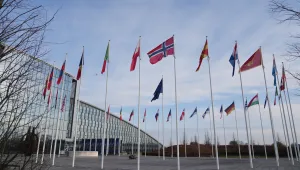Speaker: Ivan Arreguin-Toft, Senior Research Fellow, Cyber Security Project
In the past two decades, an increasing number of social scientists, military historians, and practitioners have weighed in on an important question relevant to the conduct of war and wartime occupation: what actually happens when a given political actor deliberately or systematically harms noncombatants as a strategy? One set of arguments holds that although ethically odious, going after noncombatants is generally an effective use of resources to achieve a needed objective. But another set opposes this; arguing that either because it is wrong—universally proscribed—its presumed effectiveness is irrelevant, or that it is not only wrong, but counterproductive, increasing rather than decreasing any costs associated with achieving a needed objective. In this seminar, the speaker reviews the logic of these arguments and adds two different sorts of evidence in order to referee between them. First, a summary of the best large-n statistical analyses available; and second, two paired comparative historical case studies (Nineteenth-Century Russia in the Caucasus, and the Russian Federation in Chechnya; and the Third Reich in Norway and Yugoslavia). Taken together, it looks very much as though the conditions under which barbarism is useful—barbarism being the speaker's term for the strategy of harming noncombatants for coercive effect—have declined markedly since World War II, and though there are exceptions, it appears true that barbarism is not only immoral, but generally stupid.
Please join us! Coffee and tea provided. Everyone is welcome, but admittance will be on a first come–first served basis.




